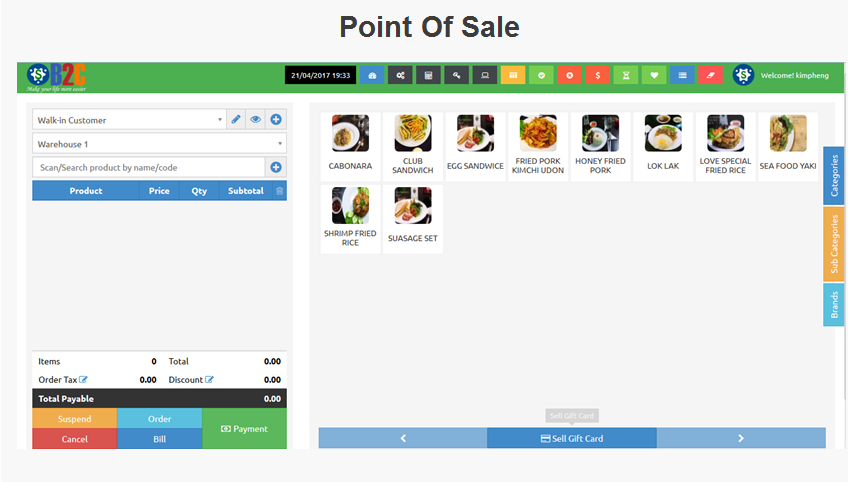SBC Solution offer the best solutions to custumer such as Software development, Software development company, Web Design, Web Design service, Web Development, mobile app, mobile app development, Digital Marketing, Digital Marketing Agency, Online payment, SMS Service, SEO Service, cloud software, cloud system, enterprise resource planning, point of sale, POS Software, pos system, customer relationship management, crm software, crm, website security, human resource management, human resource system, hrm, stock management system, inventory management, accounting software, accounting system, restaurant, it company, erp, erp software, Clinic Management System, hospital Management System, school management system, cheap hosting, best hosting, hosting provider, web hosting, property, bpas erp, bpas software, erp software in Cambodia, phnom penh.
bpas erp
smartbtoc
sbc solution
sbc solutions
Mobile app in phnom penh
digital marketing in cambodia
online payment in phnom penh
Property management system in cambodia
web design in cambodia
website design in phnom penh
SEO service in cambodia
web security in cambodia
web development in phnom penh
cloud software in cambodia
sms services in cambodia
pos Software in cambodia
it company in cambodia
accounting system in cambodia
bpas software
sbc solutions
Mobile app in cambodia
digital marketing in phnom penh
online payment in cambodia
cloud software in cambodia
web design in cambodia
website design in cambodia
SEO company in cambodia
property management system in cambodia
web hosting in cambodia
cloud system in phnom penh
email marketing in cambodia
pos Software in phnom penh
it company in phnom penh
inventory management system in cambodia
customer relationship management
sbc solutions
Mobile app in phnom penh
digital marketing in cambodia
online payment in phnom penh
cloud software in phnom penh
web design in phnom penh
stock management system in cambodia
SEO service in cambodia
web security in cambodia
web development in cambodia
cloud system in cambodia
sms services in cambodia
pos Software in cambodia
it service in cambodia
crm software in cambodia
erp software in cambodia
sbc solutions
Mobile app in cambodia
digital marketing in phnom penh
online payment in cambodia
cloud software in cambodia
web design in cambodia
website design in cambodia
SEO service in cambodia
web security in cambodia
hosting privider in phnom penh
cloud system in cambodia
sms services in cambodia
pos Software in phnom penh
it company in phnom penh
seo service in cambodia
graphic design
point of sale software
ERP software
POS software
smartbtoc
sbc solution
sbc solutions
Mobile app in cambodia
digital marketing in cambodia
online payment in cambodia
cloud pos in cambodia
website design in cambodia
website design in cambodia
hr system in cambodia
cheap hosting in cambodia
web development in cambodia
cloud system in phnom penh
sms services in cambodia
pos Software in cambodia
project management in cambodia
accounting system
IT solution
graphic designer
smartbtoc
sbc solution
sbc solutions
Mobile app in cambodia
digital marketing in phnom penh
online payment in phnom penh
cloud software in phnom penh
web design in phnom penh
website design in phnom penh
SEO service in cambodia
web security in cambodia
web development in cambodia
cloud system in cambodia
sms services in cambodia
pos Software in cambodia



